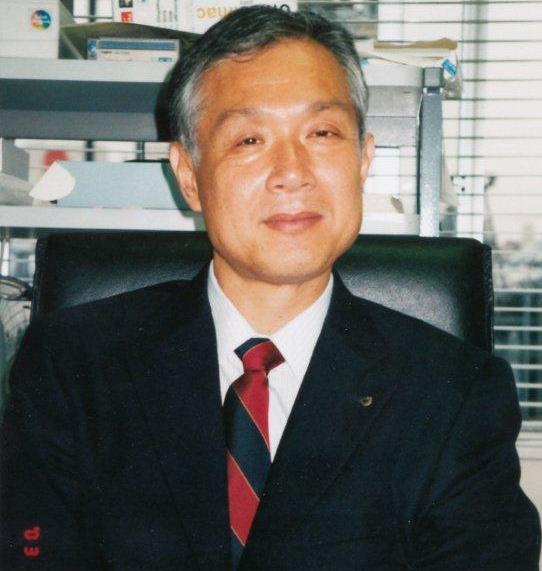Abnormal Automatic Movements after Dexmedetomidine Administration in a Newborn: A Case Report
Author(s): Ilardi L, Agliardi S, Proto A, Pani A, Scaglione F, Martinelli S
Dexmedetomidine is a selective alpha2-adrenoceptor agonist with anesthetic and sedative properties likely due to inhibition of norepinephrine release in the brainstem. Dexmedet omidine is commonly used in adults for sedation, usually in association with other anesthetic drugs. In pediatrics, especially due to the optimal tolerability of this drug and the low invasiveness of the intranasal way of administration, the use of dexmedetomidine is becoming more common for sedation, both in ventilated patients and for periprocedural anesthesia. In our report, a single dose of dexmedetomidine was administered for the periprocedural sedation of an ex-preterm male infant, 88 days after birth, on the occasion of a follow-up non-contrast brain-MRI. About 10 minutes after intranasal administration, the patient developed multiple diaphragmatic automatic hiccupcontractions, which, despite not harming the vital parameters, made necessary a double dose of IV midazolam in order to appease them and to permit the regular execution of the instrumental procedure. The movements continued in the following hours, without affecting vital parameters. After about 8 hours of observation, the movements gradually disappeared. The patient went through normal development and no obvious abnormalities were pointed out in the hemogasanalysis, at the MRI, and not even in a follow-up polysomnography with electroencephalogram executed a few weeks after the event. In conclusion, our report could suggest that even low doses of dexmedetomidine may cause mild transitory neurological adverse effects such as automatic movements in newborns.


 Impact Factor: * 5.3
Impact Factor: * 5.3 Acceptance Rate: 75.63%
Acceptance Rate: 75.63%  Time to first decision: 10.4 days
Time to first decision: 10.4 days  Time from article received to acceptance: 2-3 weeks
Time from article received to acceptance: 2-3 weeks 
